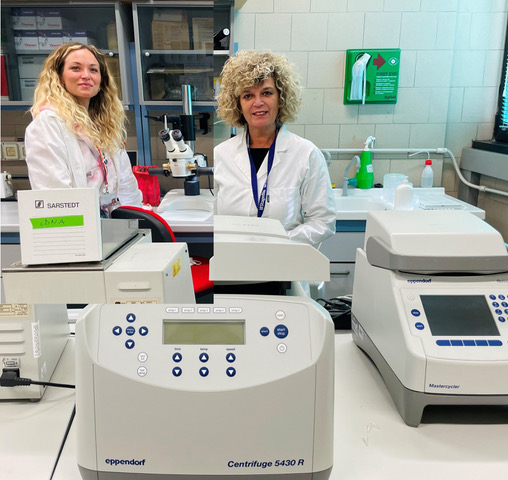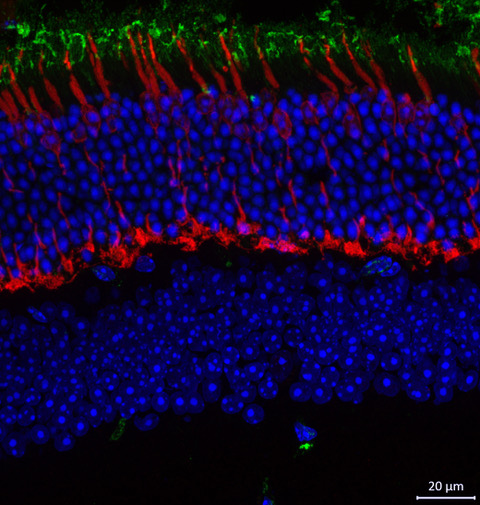Institute of Neuroscience of the CNR
The Institute of Neuroscience of the CNR is an institution whose mission is to promote a comprehensive understanding of the organization and functioning of the nervous system and the application of this knowledge to the treatment of its pathological conditions. This is achieved throughmultidisciplinary research, that includes cellular and molecular biology, physiology, developmental biology, pharmacology, and genetics.
As described on its official website, the Institute of Neuroscience of the CNR brings together many of the world’s leading Italian researchers who study the brain, its functions, development, as week as its pathological conditions. The Institute headquarters are in Pisa, with branches in Milan, Padua, Cagliari, and Parma.
The Institute conducts both basic and applied research. The main research topics include the development and plasticity of neural circuitry, the mechanisms of vision and cognition, the mechanisms of learning and memory, the molecular processes underlying neuronal transmission and, more generally, the interactions between glia and neurons, and between nerves and muscles, calcium homeostasis, cell death mechanisms, and the neurobiological bases of alcoholism and drug addiction. Many research efforts are directly aimed at understanding the molecular and cellular mechanisms underlying severe neurodegenerative diseases, muscular dystrophies, and the mechanisms of regeneration in the central nervous system and skeletal muscles.
The Institute of Neuroscience consists of over 120 researchers and hosts numerous young scholars with diverse backgrounds (biology, medicine, physics, engineering). All sections of the Institute are integrated with or closely connected to prestigious university institutions (University of Milan, Pisa, Padua, Cagliari, Florence, Parma, Trento, Humanitas University, Scuola Normale Superiore of Pisa, Scuola Superiore Sant’Anna), and its staff actively participates in doctoral programs in Molecular Medicine, Neurobiology, Biotechnology, and Neuroscience.
The Institute also has strong and fruitful collaborations with several private research institutions, such as the Venetian Institute of Molecular Medicine, and clinical institutes like IRCCS Stella Maris, IRCCS Humanitas, San Raffaele Hospital, and the Padua Hospital.


Within the Institute of Neuroscience in Pisa, a research group led by Enrica Strettoi focuses on the neurobiology of the retina and its diseases, including retinitis pigmentosa, an inherited condition that leads to blindness. A recent study by this group—employing a multidisciplinary, integrated approach at the cellular level using anatomical, molecular, and behavioral techniques—has demonstrated that in retinitis pigmentosa, the retina is dominated by a massive immune and inflammatory response, overshadowing any other biological process. This response plays an unexpectedly significant role in the pathogenesis of the disease. In retinitis pigmentosa, a mutation (among hundreds possible), typically affecting a gene specific to photoreceptors, causes the progressive degeneration of retinal rods, resulting in night blindness and, later, the degeneration of cones, which gradually leads to the loss of color vision, visual acuity, and eventual blindness.
The translational nature of this study, which aims to reduce retinal inflammatory responses, opens the possibility for innovative treatments that could potentially be extended to humans, slowing the progression of retinitis pigmentosa symptoms and prolonging visual function.

